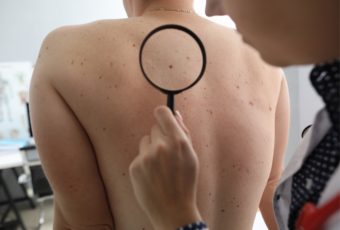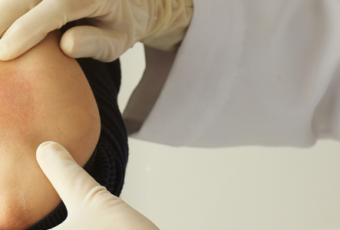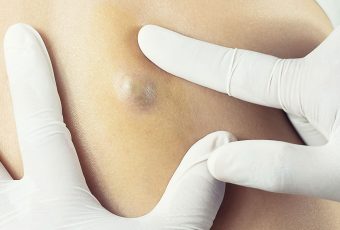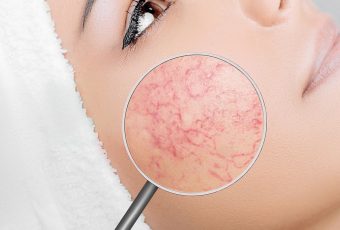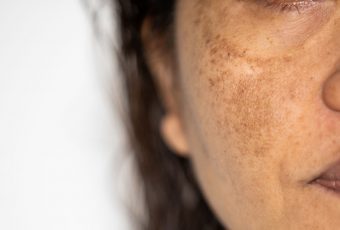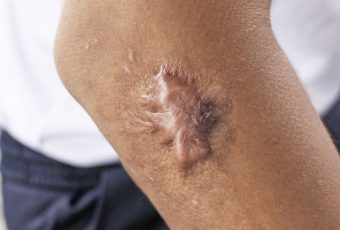
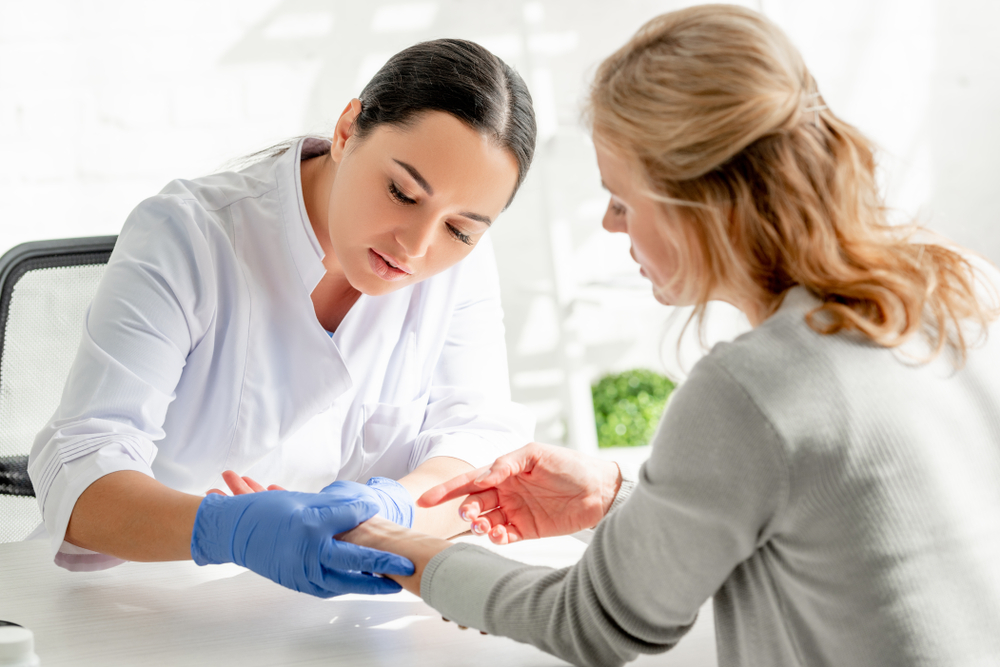
A West Roxbury medical dermatologist can help patients manage chronic skin conditions that are physically and emotionally taxing.
Flare-ups of symptoms can often interfere with day-to-day tasks.
For most people, living with a chronic skin condition is about long-term management rather than a single treatment plan that provides a cure.
Chronic Skin Conditions Explained
Chronic skin conditions are ongoing or long-term conditions that affect the skin.
Eczema, psoriasis, rosacea, and adult acne are some of the most common examples.
These conditions are often marked by periods of flare-ups and remissions, and symptoms can return even after recovery.
Genetics, the immune system, and environmental and lifestyle factors can all play a role.
Because they don’t fully go away on their own, they must be managed for the long haul.
Medical Dermatology Treatment and Management
Treating chronic skin conditions with a West Roxbury medical dermatologist often begins with a thorough evaluation.
A complete skin exam, medical history review, and trigger identification are the first steps.
From there, providers can develop a treatment plan tailored to the condition, its severity, and the patient’s lifestyle.
This individualized approach helps ensure therapies are effective and fit into the patient’s routine for the long term.
Advances in Therapies for Chronic Skin Conditions
Therapies for chronic skin conditions have seen major advances in recent years.
Biologic medications are an option for many with moderate to severe psoriasis or eczema, targeting specific immune system pathways to control symptoms.
Light therapy uses different types of light and wavelengths to reduce inflammation and improve skin appearance.
There are many topical options available as well, from prescription creams to moisturizers that help restore the skin’s natural barrier.
Adjustments in Lifestyle to Help Control Symptoms
In addition to medical therapies, dermatologists often recommend lifestyle changes.
Certain foods, allergens, and skincare ingredients can trigger symptoms.
Identifying and avoiding these triggers can help reduce flare-ups.
Stress management, a healthy diet, and hydration are all important for skin health.
Adjusting a skincare routine can also improve treatment outcomes.
Need for Regular and Routine Follow-Up Care
Treating chronic skin conditions with a West Roxbury medical dermatologist is an ongoing process.
Regular visits are needed to track progress, adjust medications, and introduce new therapies.
Routine follow-ups also allow patients to discuss side effects or concerns with their provider.
Monitoring symptoms closely helps keep them as controlled as possible.
Psychological and Emotional Support
Skin conditions that are visible can affect confidence and emotional well-being.
Some patients may struggle with social anxiety or lowered self-esteem.
Dermatologists can refer patients to support groups or counseling to help with the emotional side of treatment.
Support from others with similar conditions can make patients feel less alone in their journey.
Call Now for Your Medical Dermatologist Appointment
Contact us now at 617-250-0257 to speak with our team or book your dermatology appointment online.
You have access to top-rated doctors right in your area — don’t miss your opportunity to treat your chronic skin condition.

